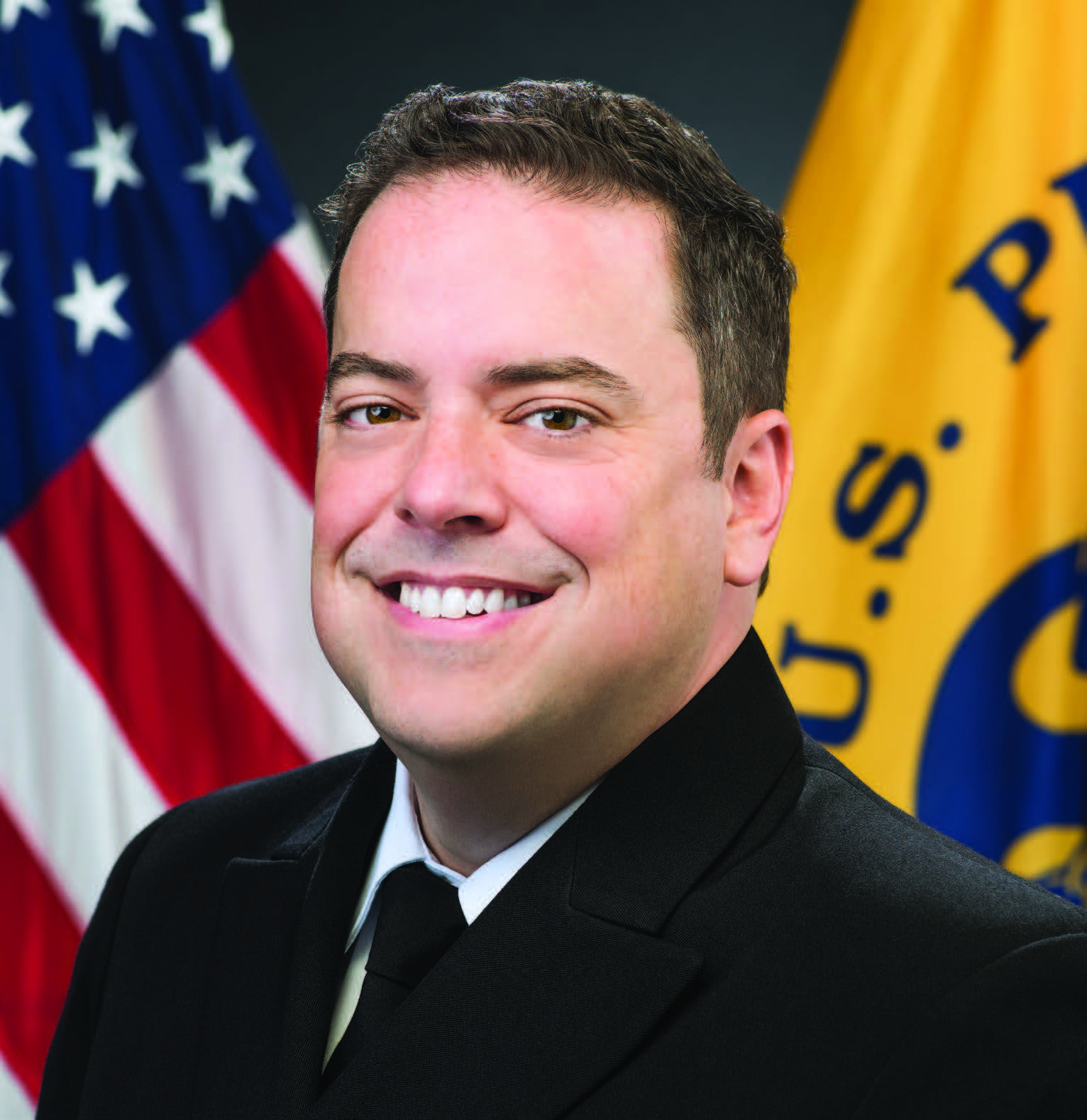

Admissions professionals at medical schools sometimes look for students who have scrapped their original career plan in favor of medicine. Such students are appreciated for their high degree of dedication. Robert “Bobby” McDonald, B.A. 1999, is one of them.
As an undergraduate at Catholic University, McDonald’s plan was to become a cinematographer. He majored in communication studies and landed a job at a production company that produced segments for TV shows such as Entertainment Tonight. The first celebrity he interviewed was Tom Hanks.
“He was super-nice,” McDonald says, “and I think he could tell that I was nervous.”
Soon, McDonald was mixing with stars from politics and entertainment in places like the White House. Some of the nervousness wore off, but something nagged at him.
“I felt like I wasn’t giving back or doing as much for the community as I would have liked to,” he says. “So, I ended up applying to the Jesuit Volunteer Corps and going to Tanzania for two years.”
In this east African country, McDonald found his new path while volunteering in an orphanage. He gained a global perspective.
“Prior to joining the Jesuit Volunteer Corps, I had no plans of going into science or medicine,” McDonald says. “In Tanzania, I saw a huge need for public health. It really changed the direction of my life.”
After returning to the U.S., McDonald earned a master’s degree in public health at Columbia University. He then joined the Centers for Disease Control and Prevention (CDC) in Atlanta working on diabetes prevention.
Soon, however he was back in medical school, pursuing a degree at New York Medical College in Valhalla. He completed his residency in internal medicine as well as pediatrics at Baystate Medical Center in western Massachusetts.
Next, he joined the Epidemic Intelligence Service of the CDC and has been on the medical front lines since, traveling to various places to combat emerging diseases. Currently, he is assigned to the Division of STD Prevention.
“I focused on the emergence of drug-resistant gonorrhea in Southeast Asia,” he says, “as well as the rising number of cases of congenital syphilis here in the United States.”
In addition to being a medical officer at the CDC, McDonald is also a lieutenant commander in the United States Public Health Service (USPHS), one of the nation’s seven uniformed services. It is not unusual for health agencies, such as the National Institutes of Health and CDC, to share personnel. The USPHS sends clinicians and other public health professionals to respond to disease outbreaks.
In New York State, McDonald responded to several outbreaks, including Candida auris, a fungal disease that spreads easily in hospitals, and a flare-up of measles. (The latter case was reported in a New Yorker feature last year; McDonald is quoted in the article.) He also went to the Virgin Islands in response to an outbreak of leptospirosis.
All of his experiences in epidemiology to date, McDonald says, have been good preparation for the COVID-19 pandemic. In February, just after the virus emerged in the U.S., McDonald began working with a team helping to repatriate American citizens who were living abroad in COVID-affected areas, finding the safest ways for them to return and assisting with arrangements for quarantine and medical care.
“I’ve heard a lot of people equate the importance of supporting public health to the way we support national security,” he says. “They’re intertwined. When it comes to public health emergencies, if you’re not hearing about it, that means people are working hard to prevent it from happening.”
As for the possibility of returning to cinematography or film production work in the future, McDonald says it’s unlikely.
“It was a dream and something I loved, but I definitely moved to having a passion for public health and for medicine — for the work I’m doing now.”
— G.V.